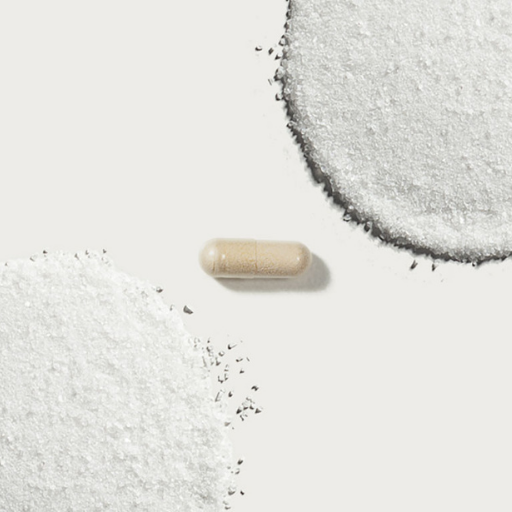How do probiotics help immunity?


How do probiotics help immunity?
The role of probiotics in digestive health is pretty well-known, but do probiotics help with immunity? Let’s take a closer look at the relationship between probiotics and our immune systems.
What are probiotics?
There are millions of microorganisms living in our bodies. These microorganisms can range from bacteria, fungi (such as yeast), or protozoa (1, 2). They can be found in our gut, mouth, skin, reproductive organs, and lungs. Usually, when we think of bacteria and fungi, we consider these things to be bad for our health.
However, there are good bacteria living in our bodies that help us with various processes in our bodies. They also defend us from the harmful effects of bad organisms that may damage our bodies. We refer to the friendly and beneficial microorganisms that live in our digestive systems as probiotics.
Some of the most common types of probiotics are Lactobacillus, Bifidobacterium, and Saccharomyces Boullardi (1). Along with other friendly microorganisms, these probiotics promote healthier digestive function. However, we can also take probiotics for immunity.

Benefits of probiotics for immunity
Probiotics support the improvement of overall immunity, and a stronger and faster immune response (2).
Some probiotic strains have been shown to be capable of modulating the immune system and its response to outside threats (3, 4).
In addition, probiotics themselves have been shown to work in tandem with the immune system when responding to outside threats (3). When there is an unhealthy balance of bacteria in our bodies, probiotics secrete protective substances to prevent major diseases and complications from developing (4).
Multiple studies also suggest that some strains of probiotics help curb the side-effects you might experience when you are taking antibiotics (4). Since the nature of antibiotics is to kill off bacteria, it might also indiscriminately target good bacteria. This might end up doing more harm than good since the body needs a healthy balance of good and bad bacteria. Probiotics like L. rhamnosus helps prevent the negative side effects that come with taking antibiotics (6).
Where can I get probiotics for immunity?
Here are some common sources of probiotics for immunity:
Cultured and fermented foods (5)
Fermented and cultured foods are great sources of probiotics. Opt to add food such as yogurt, kefir, sauerkraut, kefir, tempeh, kimchi, miso, kombucha, pickles, traditional buttermilk, nato, and cheese (certain types) to support your immunity.
Supplements
There are cases where we might not get enough probiotics from diet alone. This might make it difficult for us to get the adequate amount of probiotics we need to support our health from our food. In cases like these, you may want to consider taking probiotic supplements to support immune health.
Vitables’ Probiotics support a healthy digestive system and help with immune system function.
It’s more important now more than ever that we make sure that our immune systems are always functioning at their best. Vitable Australia’s vitamin subscription service makes supporting your immunity that much easier. Sign up now to experience the convenience of receiving vitamin packs and custom supplements in Australia today.
Find out more about other supplements that can support immunity:
Zinc | Iron | Astaxanthin | Ashwagandha | Probiotics SB | B complex | Vitamin C | Vitamin D | Daily probiotics | Vitamin B12 | Fish oil | Biotin
*Always read the label. Follow the directions for use. If symptoms persist, talk to your health professional. Vitamin and/or mineral supplements should not replace a balanced diet.
References:
- Probiotics: What You Need to Know (2019), Researched Dec 9, 2021 from https://www.nccih.nih.gov/health/probiotics-what-you-need-to-know
- Probiotics (n.d.) Researched Dec. 9, 2021 from https://my.clevelandclinic.org/health/articles/14598-probiotics
- Probiotics and Immune Health (2014) Researched Dec. 9, 2021 from https://www.ncbi.nlm.nih.gov/pmc/articles/PMC4006993/
- Should You Take Probiotics (2019) Researched Dec 9, 2021 from https://www.health.harvard.edu/staying-healthy/should-you-take-probiotics
- How to Get More Probiotics (2020) Research Dec. 9, 2021 from https://www.health.harvard.edu/staying-healthy/how-to-get-more-probiotics
- Probiotics (n.d.). Researched Dec. 23, 2021 from https://research.vitable.com.au/probiotics
